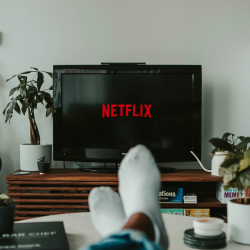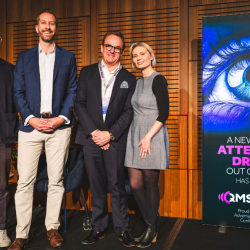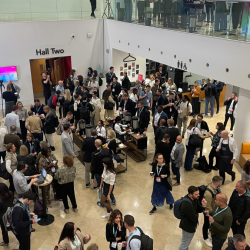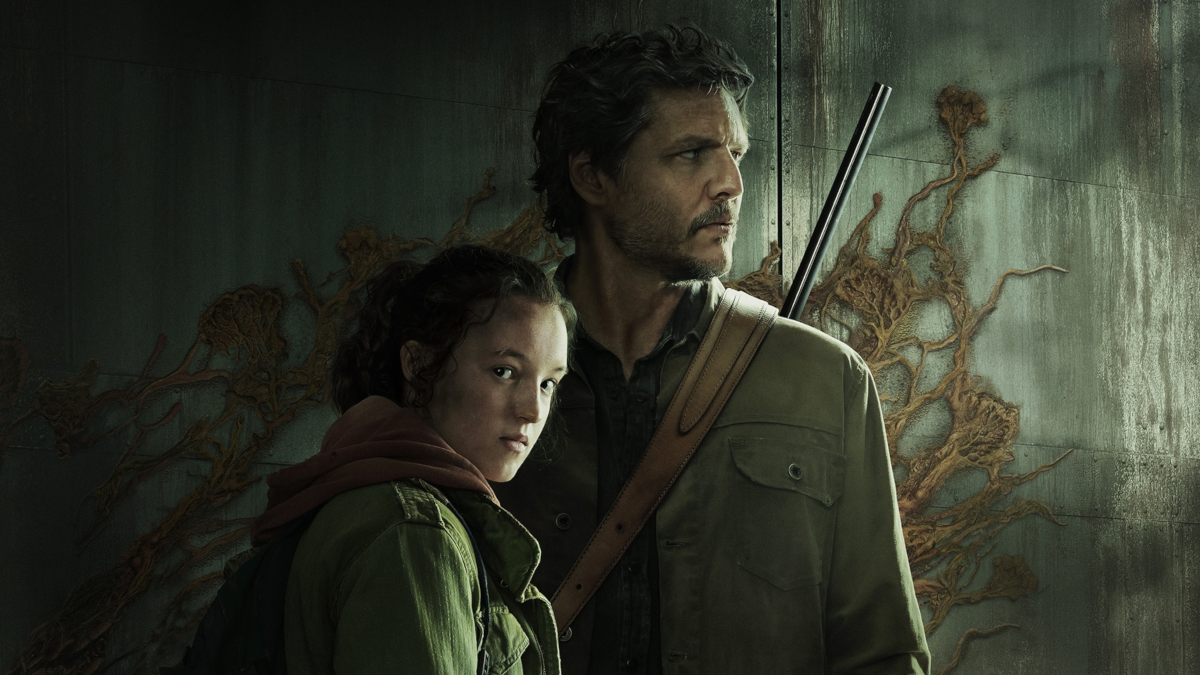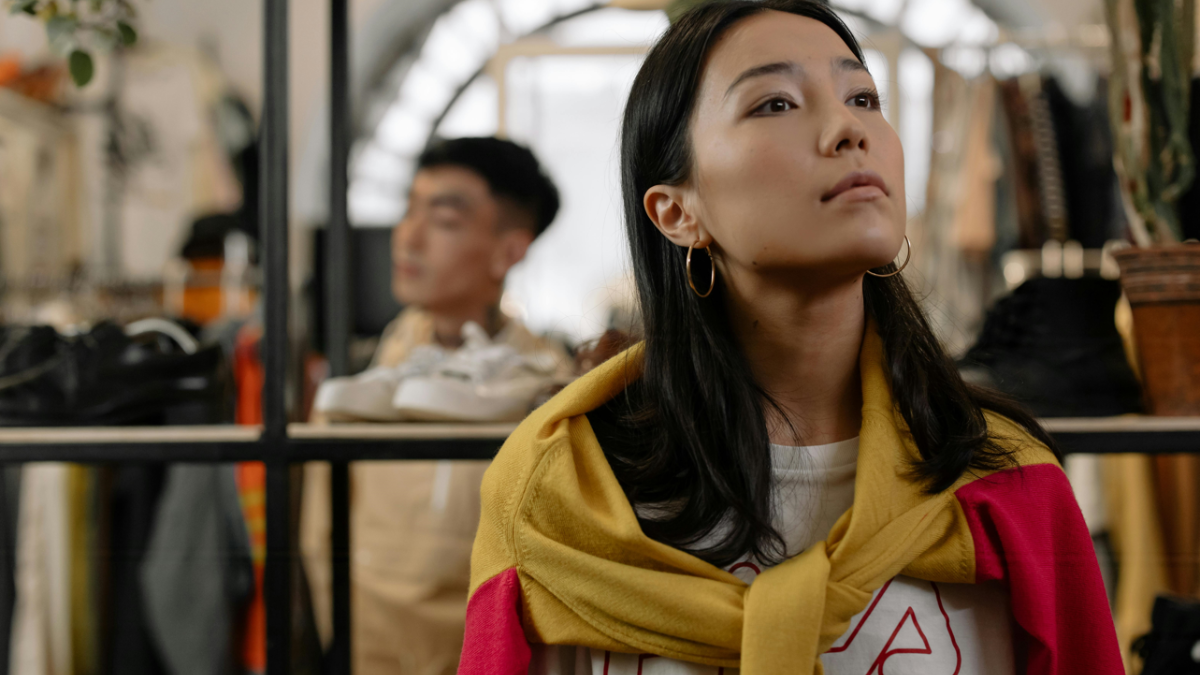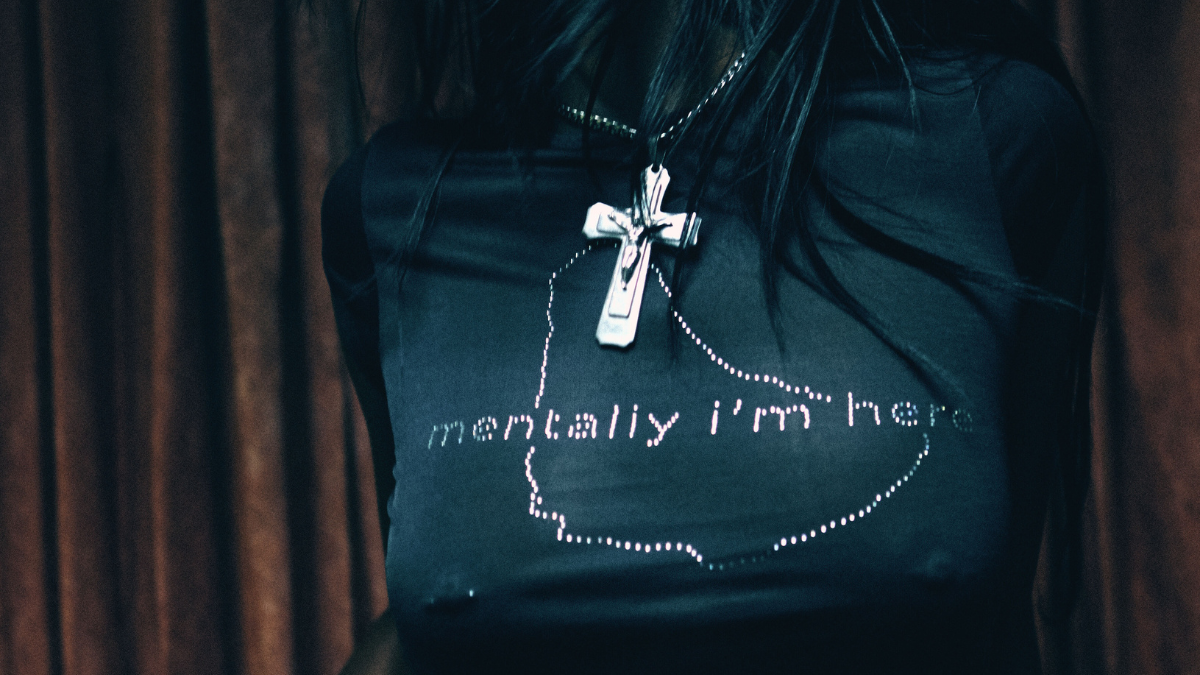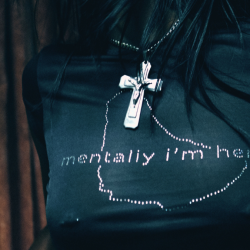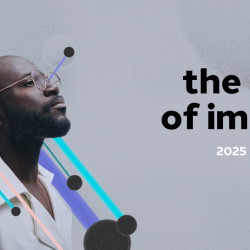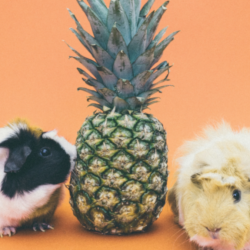Have you watched the series finale of The Last of Us? If not, skip the next paragraph to avoid spoilers!
In S1E9 of The Last of Us, Pedro Pascal’s Joel murders dozens of (ostensibly good) people in order to save unconscious Ellie, whose brain contains a possible antidote to the apocalypse, and who he has come to think of as his own ‘baby girl’. Eight episodes taught us to love this duo, and so we somehow rooted for Joel to kill the people trying to save humanity. Faithful to its video game source material, the series finale concludes with Joel twice lying to Ellie about what went down — and that’s when we all started to feel a little weird.
We seem to be living in a moment where we can’t help but feel bad every time we feel good. There is no shortage of advice about increasing personal happiness by finding joy in the little things. But what about the niggling sense of guilt that sometimes accompanies moments of joy? That persnickety internal voice that insists we ought to be feeling something just a little more complex. The 24-hour news cycle would suggest that the world is not, on the whole, a happy place, and thoughtful-minded folk suffer from a near-constant questioning of what is right, wrong, and in between. Is it any wonder it can feel hard to experience uncomplicated joy?
Take two recent pieces of pop culture news: Pope Francis’ puffer jacket and Gwyneth Paltrow’s day in court.
Remember the images of The Pope in what looked like a huge, white Balenciaga puffer jacket in March this year? And the pure, internet-enabled joy that they delivered? Wasn’t it a pleasure to share in this collective, viral moment? What a shame, then, to find out that we were wrong to feel that way. The photos were the work of an AI called Midjourney, and the papal puffer never existed, prompting concern over the ready and widespread acceptance of the images as real.
Are we really ‘being expected to hop on board the AI revolution without fully grasping its impact’, as a New Scientist article about the faux puffer photos claimed? Or were we simply willing to suspend our disbelief in pursuit of a shared moment of sartorial joy?

Or how about the Gwyneth Paltrow skiing trial that spawned a million memes? Should we feel guilty for finding enjoyment in a trial that stemmed from (alleged) injury? Happily, the answer seems to be no. The relative insignificance of the incident (no one died or was seriously injured) and Paltrow’s apparent readiness to partake in the spectacle resulted in a watch-ably absurd trial, and some priceless sound bites. In this case, our collective moment of joy was allowed to be uncomplicated.
So, what are we to do in the face of complicated messaging that impeaches us to find joy in the everyday, while at the same time acknowledging that life is difficult and times are challenging? And if we do manage the former, how do we avoid feeling immediately guilty over the latter? In a March 2023 piece for The Atlantic, Arthur Brooks, host of the How to Build a Happy Life podcast, paraphrases Camus’ take on the story of Sisyphus: ‘If you have an inexplicable moment of happiness in a difficult world, don’t overthink it.‘ Brooks is careful to note that taking moments of happiness as they come doesn’t mean being complacent. Quite the opposite, he advocates for doing a little good whenever possible. The truth is we are all capable of holding contradictory ideas in our heads. Enjoying absurd cultural moments does not take anything away from the mental space occupied by justifiable concern over world events.
So, for now, let’s nix the papal puffer, but keep the ‘well, I lost half a day of skiing’ coffee mugs.
Featured image: The Last Of Us / HBO


